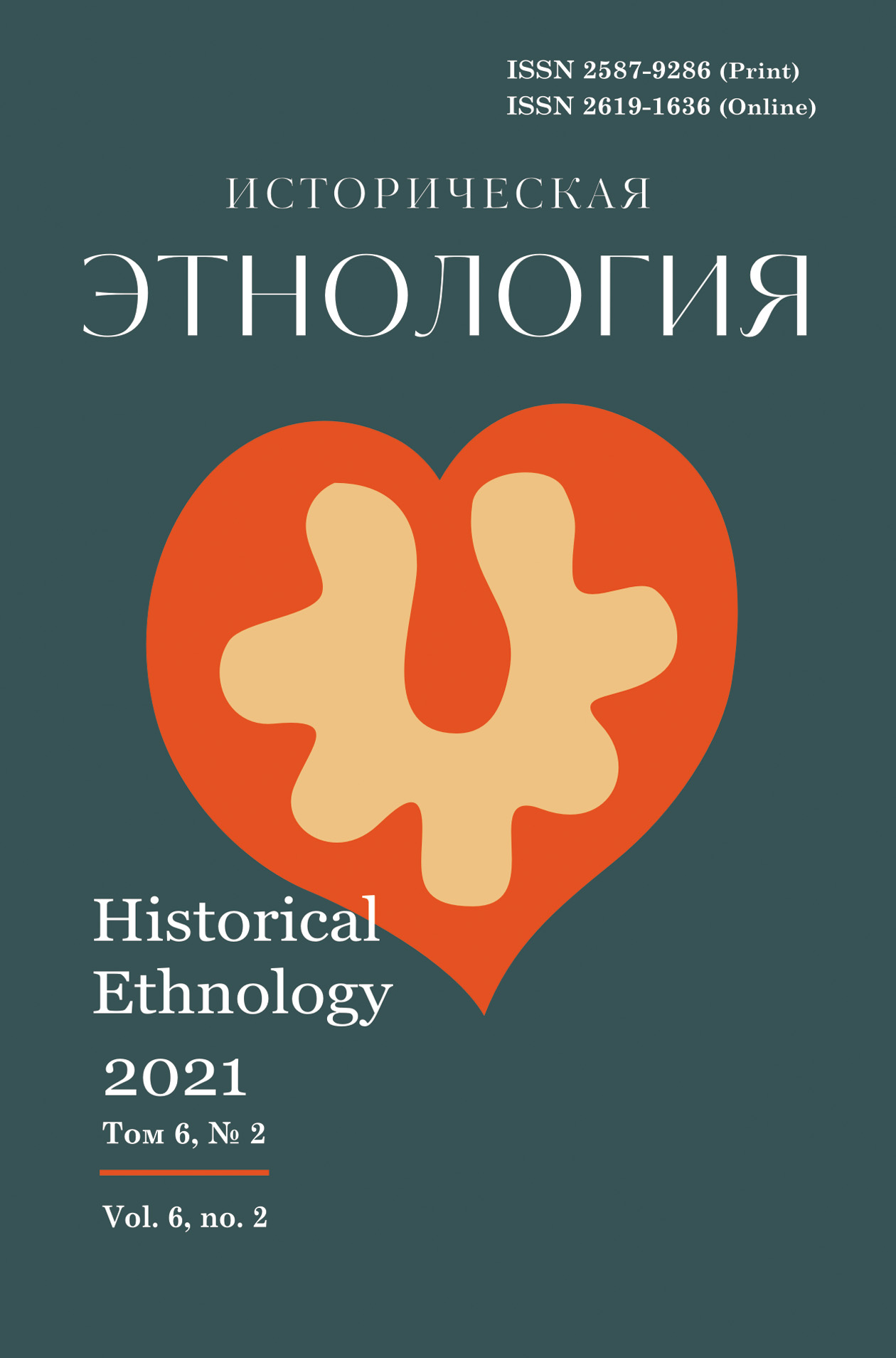
Main menu / 2021, vol.6, no.2 / Mageramova Yu.Yu.
Language Situation in the Far North-East of Russia at the Border of the 20th–21st centuries Mageramova Yu.Yu.
243–256 p. doi.org: 10.22378/he.2021-6-2.243-256 The article describes a specific linguistic situation that developed in the Far North-East of Russia (CWS) using the example of the Magadan region in the late 20th – early 21st centuries. The study used theoretical and empirical general scientific methods (analysis, synthesis, observation and generalization), as well as proper linguistic and sociolinguistic modifications of general scientific methods (quantitative and conceptual analysis, inclusive observation, interviewing native speakers). The main extralinguistic factors, under the influence of which the modern linguistic situation was formed, were determined: harsh climatic conditions, low population density, poorly developed transport infrastructure, remoteness from centers of science and culture, the presence of an autochthonous population, a heterogeneous and unstable composition of inhabitants, etc. It is proved that the combination of the influence of extralinguistic factors with the action of internal linguistic laws has led to the formation of a special linguistic situation on the CWS, which is characterized by the following features: the presence of borrowings from the languages of the indigenous peoples of the North, minimization of dialectal influence, the existence of a particular Kolyma regional dialect functioning in the region. As an illustration, there are examples of lexemes borrowed from the languages of autochthonous ethnic groups in the Russian literary language, in old-time dialects, in the Kolyma region. The article covers the issue of old-timers' dialects that have survived in certain settlements of the Magadan region but do not have an impact on the speech of the Kolyma residents today. The structure of the lexical-semantic level of the Kolyma region is described, it is represented by several types of localisms: semantic, lexical, relative and substratum regionalisms. The conclusion is made about the formation of a special linguistic situation in the Far North-East of Russia, which, on the one hand, is in many respects specific, and on the other hand, corresponds to the global trends in the development of language systems. Keywords: The Far North-East of Russia (CWS), linguistic situation, extralinguistic factors, languages of the indigenous peoples of the North (KMNS), toponims, borrowings, Kolyma region, substratum regionalisms For citation: Mageramova Yu.Yu. Lingvisticheskaya situaciya na kraynem severo-vostoke Rossii na rubezhe ХХ–ХХI vekov [Language Situation in the Far North-East of Russia at the Border of the 20th–21st centuries]. Istoricheskaya etnologiya, 2021, vol. 6, no. 2, pp. 243–256. https://doi.org/10.22378/he.2021-6-2.243-256
REFERENCES Dorgeeva V.V., Sleptsova O.Yu. Problemy sokhraneniya rodnykh yazykov korennykh-malochislennykh narodov severa (na materialakh Magadanskoy oblasti) [Problems of Preserving the Native Languages of the Indigenous Small-numbered About the author: Yulia Yu. Mageramova, Cand. Sc. (Philology), Associate Professor, Head of the Scientific and Methodological Laboratory of National Culture and National Languages, the Institute for the Development of Education and Advanced Training of Teachers (67B Yakutskaya St., Magadan 685000, Russian Federation); mager.u@bk.ru
Received July 21, 2021 Accepted for publication November 22, 2021 Published Online November 29, 2021 |
Istoricheskaya etnologiya Historical Ethnology
Scientific journal







